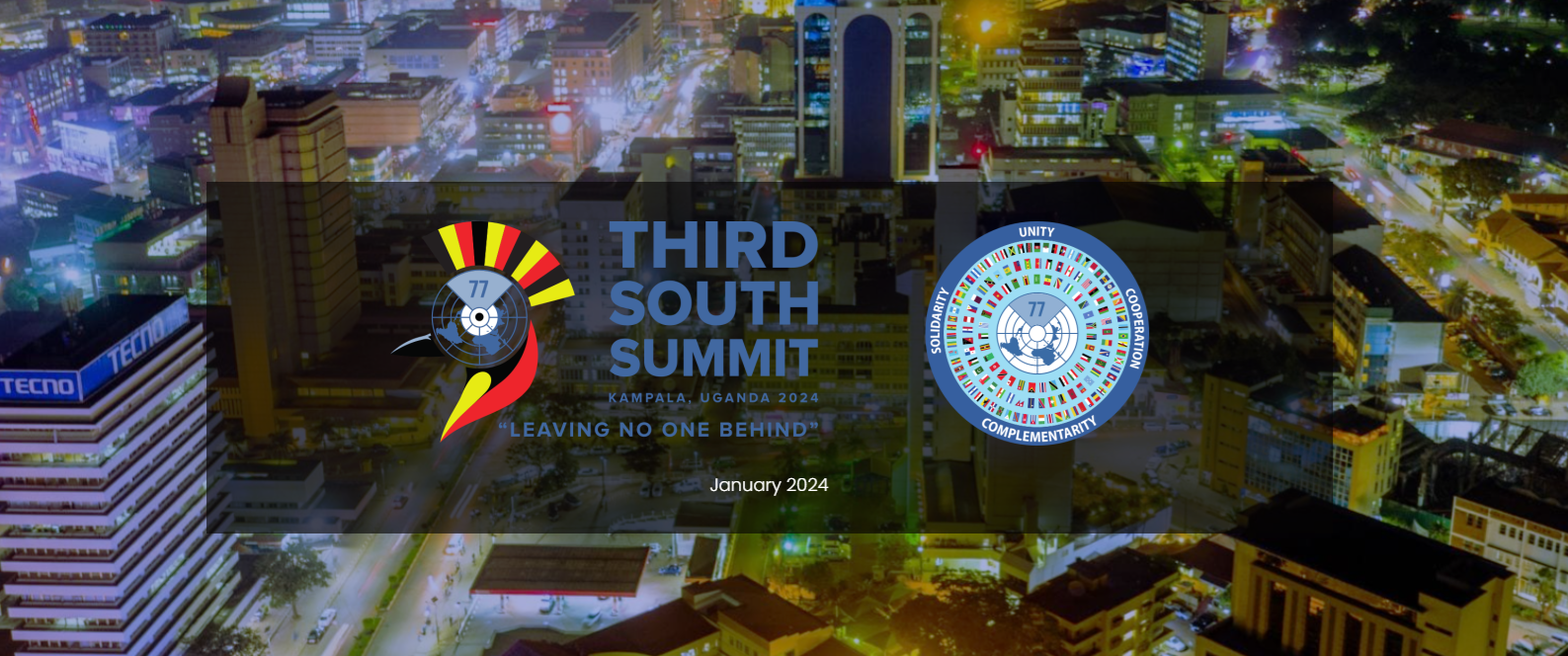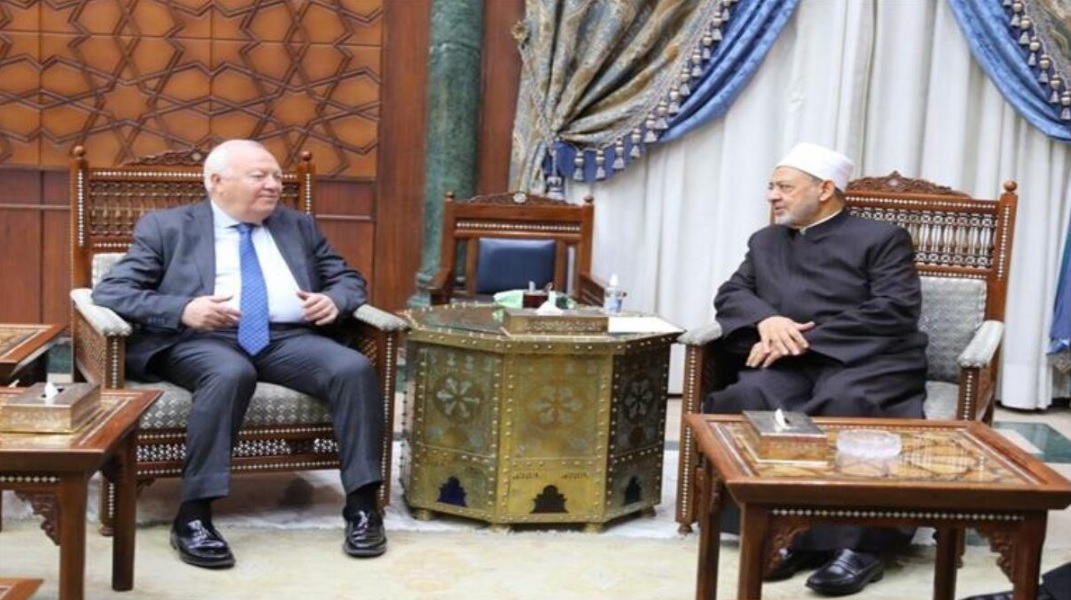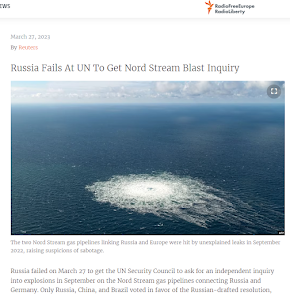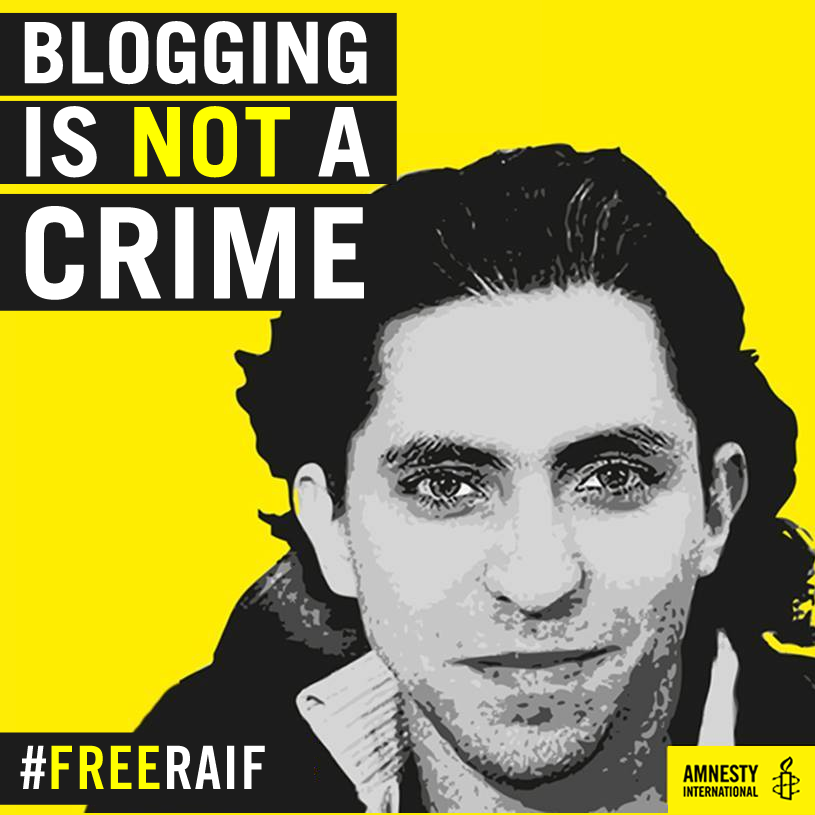
UN approves proposal for arms embargo on Israel
Ignoring the US plea for UN to reject the resolution, the UN overwhelmingly adopted resolution to impose sanctions, arms embargo on Israel. The US does not have the veto power it enjoys and always uses to shield Israel from UNSC resolutions.
The U.S. urged the General Assembly to reject the resolution demanding Israel end its 'unlawful presence' in the Occupied Palestinian Territory within 12 months, arguing it undermines the two-state solution, but lacked veto power. Only a handful of small nation-states joined the US to vote against it. Even other Western nations, including some European US allies voted for the resolution, or abstained. Although UNGA resolution are not binding, they represent a moral and ethical judgement by the world community, exposing US's double standard, and lack of principles in relations to human rights and respect to International Humanitarian Law, which has been violated by Israel many times.
Israeli media took notice of this development.












































































